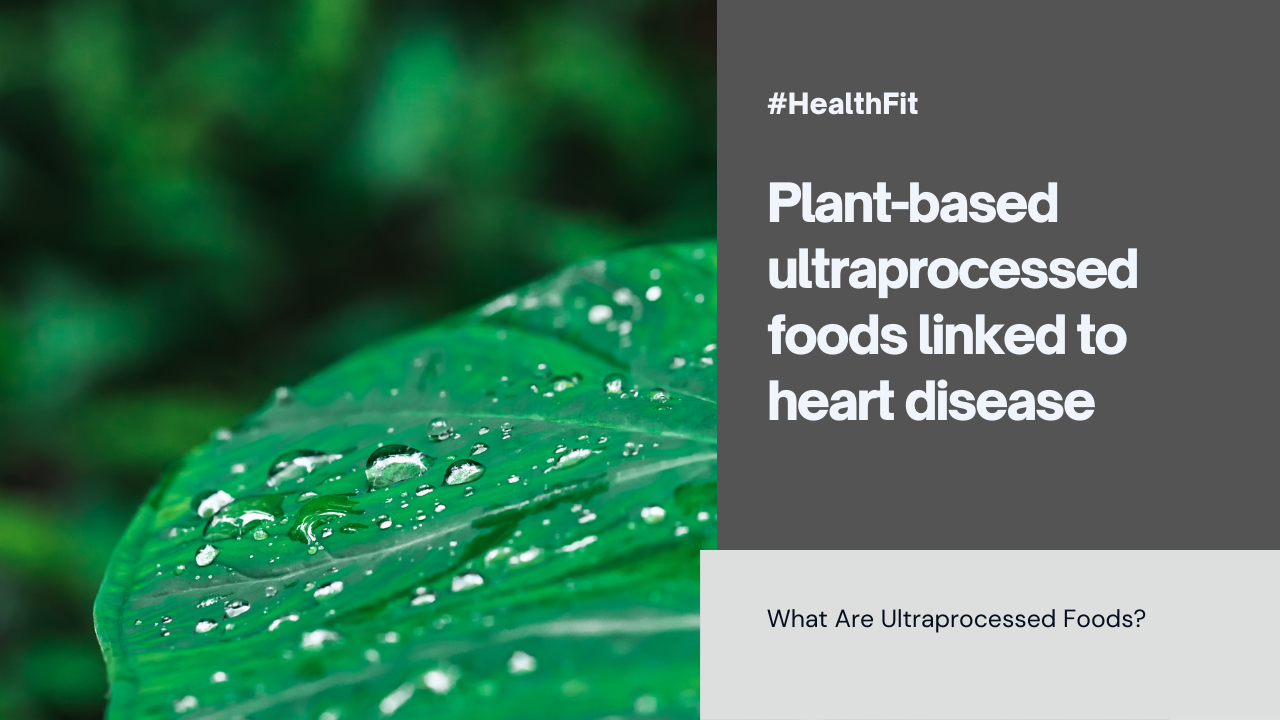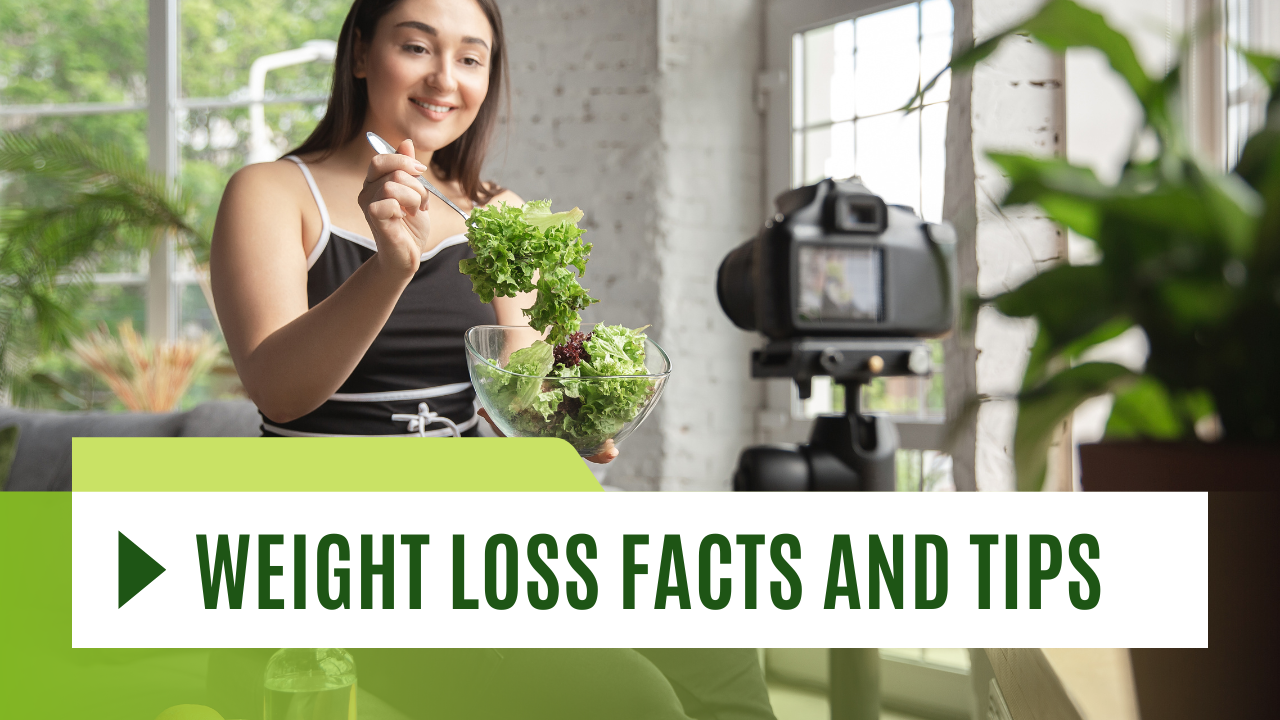Plant-Based Ultraprocessed Foods Linked to Heart Disease and Early Death
Recent studies have shown that plant-based ultraprocessed foods might be bad for your heart and could lead to an earlier death. These foods include things like packaged snacks, sugary cereals, and ready meals. They are often high in added sugars, unhealthy fats, and salt, which can harm your health even if they are plant-based.
What Are Ultraprocessed Foods?
Ultraprocessed foods are those that go through a lot of industrial processing and contain many added ingredients like preservatives, sweeteners, and artificial colors. Some examples are:
- Packaged snacks
- Sugary cereals
- Fizzy drinks
- Ready meals
- Reconstituted meat products
While some of these foods might have some nutrients, they generally have a lot of unhealthy components that can lead to health issues.
Key Findings
Two large studies in Europe found that eating more ultraprocessed foods is linked to higher rates of heart disease and early death. One study in France showed that a 10% increase in ultraprocessed food intake was linked to higher rates of heart problems and strokes. Another study in Spain found that eating more than four servings of ultraprocessed foods per day increased the risk of early death by 62%.
Why Are They Harmful?
These foods are often high in calories but low in nutritional value. They can cause weight gain, which is a risk factor for heart disease. Additives and preservatives in these foods might also harm your gut health and increase inflammation. Additionally, ultraprocessed foods are easy to overeat, which can lead to blood sugar spikes and reduced feelings of fullness.
What Should We Do?
Experts suggest eating fewer ultraprocessed foods and focusing on fresh, minimally processed foods like fruits, vegetables, whole grains, and lean proteins. These healthier options are naturally rich in nutrients and free from harmful additives.
Conclusion
The evidence shows that cutting down on ultraprocessed foods and eating more fresh, whole foods can improve your health and reduce the risk of heart disease and early death. By making small changes to your diet, you can make a big difference in your long-term health.
For more detailed information, you can refer to the studies and analyses provided by BMJ, Medical Xpress, and Everyday Health.
Enjoy a Healthy Diet with Minimally Processed Plant-Based Foods
In today’s fast-paced world, ultraprocessed foods have become a staple in many diets, often leading to adverse health effects such as heart disease and early death. However, turning to minimally processed plant-based foods can significantly improve your health. Here are some excellent choices to incorporate into your daily meals:
1. Whole Grains
Whole grains are packed with fiber, vitamins, and minerals, making them a nutritious addition to any diet. Examples include:
- Quinoa: A complete protein source rich in essential amino acids.
- Brown Rice: Provides energy and helps maintain healthy digestion.
- Oats: Great for breakfast, they help lower cholesterol levels.
- Whole Wheat Bread: A better alternative to white bread, offering more nutrients and fiber.
2. Legumes
Legumes are a fantastic source of plant-based protein, fiber, and essential nutrients. Consider adding:
- Lentils: High in protein and iron, perfect for soups and stews.
- Chickpeas: Versatile for salads, hummus, and roasting.
- Black Beans: Rich in antioxidants, great for salads and soups.
- Edamame: A tasty snack or addition to salads, rich in protein and vitamins.
3. Nuts and Seeds
Nuts and seeds provide healthy fats, protein, and various vitamins and minerals. Some great options are:
- Almonds: A source of healthy fats, vitamin E, and magnesium.
- Walnuts: Rich in omega-3 fatty acids, beneficial for heart health.
- Chia Seeds: High in fiber and omega-3s, perfect for smoothies and yogurt.
- Flaxseeds: A good source of fiber and omega-3s, great for adding to cereals and baked goods.
4. Fruits
Fruits are naturally sweet and full of essential vitamins, minerals, and antioxidants. Incorporate:
- Apples: High in fiber and vitamin C.
- Bananas: Provide potassium and are great for quick energy.
- Berries: Blueberries, strawberries, and raspberries are antioxidant-rich.
- Oranges: Packed with vitamin C, perfect for boosting immunity.
5. Vegetables
Vegetables are a cornerstone of a healthy diet, offering numerous health benefits. Enjoy:
- Spinach: High in iron and vitamins A and C, perfect for salads and smoothies.
- Kale: A superfood rich in vitamins K, A, and C, great for salads and sautés.
- Broccoli: Provides fiber, vitamins C and K, and helps support detoxification.
- Bell Peppers: High in vitamin C and antioxidants, excellent for snacking and cooking.
Tips for a Balanced Diet
To maximize the health benefits, remember to eat a variety of these foods. This diversity ensures you receive a wide range of nutrients necessary for overall well-being. Also, opt for fresh, organic options when possible to avoid pesticides and other chemicals.
Incorporating minimally processed plant-based foods into your diet can help you maintain a healthy lifestyle and reduce the risk of chronic diseases. Enjoy these delicious, nutritious options and feel the positive impact on your health! 🌱🥦🍎
Transitioning to a Healthier Plant-Based Diet: Seven Simple Steps
Switching to a plant-based diet is a great way to improve your health and benefit the environment. Here are seven easy steps to help you make the change smoothly:
1. Go Slowly
Start by gradually reducing your meat consumption and cutting out dairy products. This slow approach allows you to find plant-based substitutes that you enjoy before completely eliminating animal products from your diet.
2. Explore Flavors
Stick with flavors you already love and slowly introduce new plant-based recipes. This will make the transition more enjoyable and less overwhelming.
3. Focus on Whole Foods
Prioritize whole plant foods like fruits, vegetables, legumes, grains, nuts, and seeds. These foods are nutrient-rich and provide the necessary vitamins and minerals for a healthy diet.
4. Experiment with Processed Vegan Foods
Try different processed vegan foods to see what you like. While whole foods are best, processed options can help make the transition easier and add variety to your meals.
5. Learn About Nutrients
Educate yourself on the nutritional needs of your body. Ensure you get essential nutrients like protein, iron, calcium, and vitamin B12, which can sometimes be harder to find in a plant-based diet.
6. Educate Yourself
Read up on plant-based nutrition and cooking techniques. There are many resources available, including books, websites, and cooking classes, that can provide valuable information and inspiration.
7. Enjoy Variety
Embrace a wide range of plant-based meals to keep your diet interesting and enjoyable. The more variety you have, the less likely you are to get bored and revert to old eating habits.
Remember, It’s About Progress, Not Perfection!
Transitioning to a plant-based diet doesn’t have to be all or nothing. Every small step towards eating more plant-based foods is a positive one for your health and the planet. Enjoy the journey and celebrate your progress!
For more tips on transitioning to a plant-based diet, you can check out these resources: click here
Beginner-Friendly Plant-Based Recipes to Kickstart Your Healthy Diet
Starting a plant-based diet can be exciting and delicious! Here are some simple and tasty recipes to help you begin your journey:
1. Marinated Tofu Salad
This refreshing salad is perfect for lunch or dinner. It includes marinated tofu, crisp vegetables, and a zesty dressing. The tofu adds a great source of protein, while the veggies provide essential vitamins and minerals.
Ingredients:
- Firm tofu
- Mixed greens (like spinach and arugula)
- Cherry tomatoes
- Cucumber
- Carrots
- Zesty vinaigrette dressing
Instructions:
- Press and marinate the tofu in your favorite sauce for at least 30 minutes.
- Cook the tofu in a pan until crispy.
- Toss the mixed greens, cherry tomatoes, cucumber, and carrots in a bowl.
- Add the cooked tofu and drizzle with the vinaigrette.
2. Black Bean–Quinoa Bowl
This bowl is packed with protein and fiber, making it a filling and nutritious meal. It combines black beans, quinoa, and colorful veggies for a tasty and balanced dish.
Ingredients:
- Quinoa
- Black beans (canned or cooked from dry)
- Corn
- Bell peppers
- Avocado
- Lime juice
- Cilantro
Instructions:
- Cook the quinoa according to package instructions.
- In a bowl, mix the black beans, corn, diced bell peppers, and cooked quinoa.
- Top with avocado slices, a squeeze of lime juice, and chopped cilantro.
3. Berry-Almond Smoothie Bowl
A vibrant and refreshing breakfast option, this smoothie bowl features berries, almond butter, and plant-based milk. It’s a great way to start your day with a nutrient-packed meal.
Ingredients:
- Frozen mixed berries
- Almond butter
- Plant-based milk (like almond or oat milk)
- Banana
- Granola
- Chia seeds
Instructions:
- Blend the frozen berries, banana, almond butter, and plant-based milk until smooth.
- Pour into a bowl and top with granola and chia seeds for added texture and nutrients.
Additional Resources
For more delicious and easy plant-based recipes, check out these sources:
Happy cooking and enjoy your journey to a healthier, plant-based lifestyle! 🌱🥗
Delicious Plant-Based Snacks to Satisfy Your Cravings
Switching to a plant-based diet doesn’t mean you have to miss out on tasty snacks. Here are some delicious and nutritious plant-based snacks to enjoy anytime:
1. Vegan Snack Bars
Homemade snack bars are a great option for a quick, on-the-go snack. Use superfoods like pecans, oats, and chia seeds to create bars that taste like pecan pie. They’re packed with nutrients and perfect for curbing your hunger between meals.
2. Hummus & Veggies
Pair store-bought or homemade hummus with a variety of colorful vegetables. Carrot sticks, cucumber slices, bell pepper strips, and cherry tomatoes make excellent dippers. This snack is both flavorful and filling, providing a good source of fiber and protein.
3. Crispy Roasted Chickpeas
For a crunchy snack, season chickpeas with spices like cumin and garlic powder, then roast them until crispy. Roasted chickpeas are a healthy alternative to potato chips and are high in protein and fiber.
4. Trail Mix
Create your own trail mix by combining dried fruits, nuts, seeds, and other mix-ins like dark chocolate chips or coconut flakes. This snack is versatile, easy to make, and provides a quick energy boost.
5. Simple Guacamole & Chips
Mash ripe avocado with finely chopped onion, tomato, cilantro, and a squeeze of lime juice to make a simple guacamole. Serve it with baked tortilla chips for a crowd-pleasing dip that’s rich in healthy fats and vitamins.
6. Texas Caviar (Cowboy Caviar)
Texas Caviar, also known as Cowboy Caviar, is a Tex-Mex dish made with black-eyed peas, various veggies, and a zesty vinaigrette. It’s great as a dip with tortilla chips or as a side dish. This colorful and nutritious snack is packed with protein and fiber.
Enjoy These Plant-Based Options!
These plant-based snacks are not only healthy but also easy to prepare and delicious. Enjoy them as part of your daily diet to satisfy your cravings while staying on track with your nutritional goals. 🌱🥕🥑
For more ideas and recipes, check out these sources: click here
Here is the information summarized in a simplified table format:
| Topic | Summary |
|---|---|
| Plant-Based Ultraprocessed Foods and Health Risks | Eating plant-based ultraprocessed foods like packaged snacks and ready meals can increase the risk of heart disease and early death. These foods often have high levels of added sugars, unhealthy fats, and salts. Instead, focus on whole, minimally processed foods like fresh fruits, vegetables, whole grains, and lean proteins. |
| Transitioning to a Plant-Based Diet: Seven Steps | 1. Go Slowly: Gradually reduce meat and dairy. 2. Explore Flavors: Start with flavors you like and try new recipes slowly. 3. Focus on Whole Foods: Eat more fruits, vegetables, legumes, grains, nuts, and seeds. 4. Experiment with Processed Vegan Foods: Find vegan foods you enjoy. 5. Learn About Nutrients: Know what nutrients your body needs. 6. Educate Yourself: Read about plant-based nutrition and cooking. 7. Enjoy Variety: Try different plant-based meals. |
| Beginner-Friendly Plant-Based Recipes | 1. Marinated Tofu Salad: Salad with marinated tofu and fresh veggies. 2. Black Bean–Quinoa Bowl: Bowl with black beans, quinoa, and veggies. 3. Berry-Almond Smoothie Bowl: Smoothie bowl with berries, almond butter, and plant-based milk. |
| Tasty Plant-Based Snacks | 1. Vegan Snack Bars: Homemade bars with pecans, oats, and chia seeds. 2. Hummus & Veggies: Hummus with various colorful veggies. 3. Crispy Roasted Chickpeas: Seasoned and roasted chickpeas. 4. Trail Mix: Mix of dried fruits, nuts, and seeds. 5. Simple Guacamole & Chips: Guacamole with baked tortilla chips. 6. Texas Caviar (Cowboy Caviar): Tex-Mex dish with black-eyed peas and veggies. |
These summaries offer a quick guide to help you start and enjoy a plant-based lifestyle!




